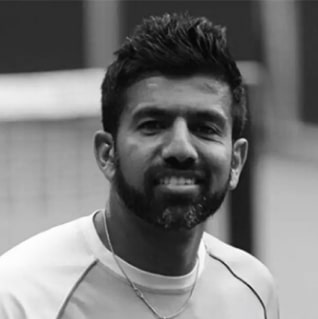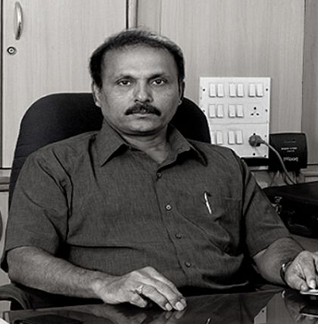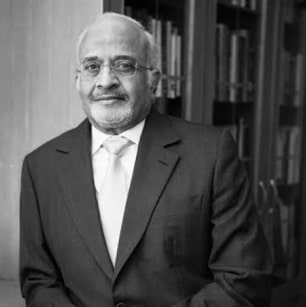
Why Marks Don’t Matter to Build a Successful Career
In our society, children are brought up with the mindset that they must score high marks in order to succeed in life. Each parent has expectations that their kid will excel in his/her career, and at the base of those expectations are, according to many, scoring high marks.
From childhood to 12th-grade board exams, kids have heard from teachers, parents, and media that they must work hard, and score above 90%. But the question is, does that guarantee a successful career? Are companies looking at your marks?
While a good score in school might help you attend a good college, it still does not guarantee a successful career. What matters is what students do with the opportunities they are given and how they develop their skills. A student may cram and score in their final exams of school, but employers will always look at a person’s abilities rather than their marks when it comes to the real world. The way scores are evaluated in the current times is more often than not a reflection of the student’s ability to learn large amounts of text. They demonstrate subjective knowledge of a particular domain, and may or may not be evidence of an aptitude for the subject or the field.
This is precisely why many college admission boards and companies have adopted aptitude based entrances, scrapping the practice of relying on marks as a sole indicator of a student’s potential. They take aptitude, general awareness, and softer aspects like communication skills and team coordination into account to gain a holistic picture of the student’s capabilities.
What are employers on the lookout for?
- Skills- The first thing that is essential to succeed in any career is your skillset. This can be developed through theoretical knowledge and on-the-job practical training.
- Learning Capacity- The corporate world is for hustlers, and of course, eagerness to continually learn is a crucial ability needed and desired.
- Communication Skills- Whether it is to talk to customers, clients, or heads of the company, communication skills are incredibly essential for anyone looking to have a successful career.
- Ownership- You should be able to do your work well but to succeed in your career, you must be able to take ownership and responsibility.
These are not skills that our conventional educational system currently aims to teach, despite the demand for them in the job market. Employers want candidates with well-rounded personalities, people who are skilled at the work they do and possess the soft-skills to match it. Even the topper of a batch is not guaranteed a job if they don’t possess these qualities, however much excellence their academic record may display.
Usually, a person who has a lot of work experience will not even be able to recall their exact board percentage. It is because it doesn’t hold much importance to their lives or their career. Marks may seem like a life-and-death matter at the time, but they are very short-lived criteria of evaluation that would make way for other successes over the years.
Sure, primary education is essential, it helps people shape their lives and choose the right paths, but education is not the only prerequisite to walk on the road of success. We at The Sports School understand that the conventional norms of education are not what the country needs right now. Instead, it requires institutions that provide holistic development to students so that they can become well-rounded professionals, irrespective of their fields.
The Sports School is the only institution in India that integrates sports and education to create the perfect training ground for champions of tomorrow. The Sports School offers an educational curriculum that, instead of just including sports, has academics built around sports. We encourage our students, from Grade 1 to Post Graduation, to balance their pursuit for both sporting and academic excellence.




























